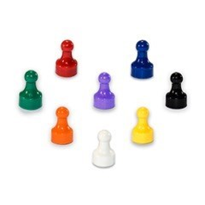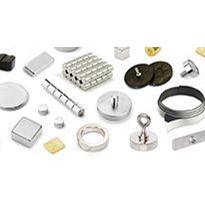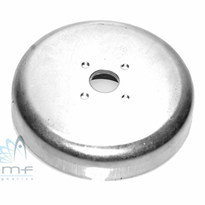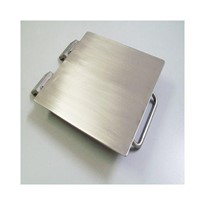The recovery of metal from waste materials is extremely important for the recycling industry.
The filtering out and extraction of metals has 3 main purposes –
- Resource Recovery - Metals can be reused. They are often remelted and reshaped into new products.
- Product Purification - Waste products such as timber and glass are more suitable for recycling after tramp metal has been removed.
- Plant Protection - Tramp metal can cause damage to expensive recycling equipment if not removed (e.g. plastic granulators).
METAL SEPARATION EQUIPMENT
Metal separation equipment such as Eddy Current Separators, Overbelt/Suspension Magnets, and Pulley Magnets are used in recycling and waste facilities to extract metal pieces from the products.
Common extracted metals include:
- Ferromagnetic particles such as iron, steel, and work hardened stainless steel (SS). These are usually extracted by Overbelt Magnets or Pulley Magnets.
- Nonferromagnetic particles such as aluminum and copper along with inert materials. These are extracted by Eddy Current Separators.
Often a number of separators are installed in various strategic locations around a plant. This ensures that both types of metals are removed and the risk of metal contamination is minimised.
Overbelt and Suspension Magnets are installed above belt conveyors to magnetically lift ferrous metal pieces out of the product stream. Contaminants are held against the magnet until cleaned (manual and self-cleaning designs are available).
Click here for more information on overbelt magnets.

Magnetic Head Pulleys operate at the discharge of belt conveyors. As waste is dropped off the end of the belt, the metal that may be on the belt, under the burden of material, is held by the magnetic energy of the pulley and dragged around by the belt underneath the conveyors and dropped off into another bin. Magnetic Head Pulleys are ideal as a secondary complimentary magnet downstream of overbelt/suspension magnets.
MSA can provide new magnetic head pulleys or can transform your existing head pulleys to a highly magnetic pulley using MSA’s patented magnetic lagging system.
Click here for more information on magnetic head pulleys

Eddy Current Separators are essential in material recycling facilities and other general dry waste processing plants. They are used for the removal of non-ferrous metals from dry waste streams. They are typically part of the final stage of the process, removing the non-ferrous materials from the remaining plastics and small fragments of paper/cardboard.
Click here for more information on Eddy Current Separators

It is critical when dealing with unsorted recyclables to utilize magnetic screening upstream from the Eddy Current Separator (ECS). The ECS, unless it has an incorporated Drum Magnet, cannot remove ferrous materials. It is ideal to have magnetic screening upstream from the ECS to reduce load and wear and tear on the ECS.
RECYCLING AND WASTE APPLICATIONS
Magnetic separators are often used to filter out metal pieces from waste applications such as -
- Construction and demolition debris. Asphalt, bricks, concrete, plasterboard, timber, building waste, and other excavated demolition waste is often contaminated with metal pieces – from large pieces of concrete reo, wear plates, and bucket teeth, to smaller items such as nails, nuts, and bolts. These contaminants must be removed before the demolition material is processed to be used for pavements, earthworks, and drainage, amongst other uses.
- Material Recovery Facilities (MRF). All the stuff you’d find in a yellow recycling bin.
- Glass. Glass fines can be used as a replacement for virgin sand when manufacturing new glass objects, or for civil construction projects such as in the embedment of residential sewerage pipes and water mains – concrete aggregate and cement mix. It is essential that metal contamination is removed before it becomes an issue.
- Timber recycling such as utility poles, cable spools, and pallets. The need for high-quality timber products means that recycling timber is now more useful and viable than disposing it at landfill or using it as fuel. Wooden pallets are mostly recycled for poultry bedding. Timber products must be inspected for metal pieces such as nails and bolts before processing, otherwise, equipment is damaged easily.
- Tyres and rubber
- Scrap
- General waste
- Shredder floc
EPA GRANTS
The Australian Government has committed to working with the Environment Protection Authority (EPA) over 9 years to assist in maintaining a clean environment and reducing landfill. Funding has been made available, through grants, to all sectors of the recycling industry to help improve best practice systems.
This includes funding for waste and resource recovery initiatives, such as improved recycling facilities. New and improved recycling infrastructure and equipment will allow waste processors to develop more innovative and efficient methods for processing materials.
A key target of the EPA is to increase the amount of waste processed and decrease the amount of waste sent to landfill by 75%. The EPA is aiming to increase the reuse, recycling, and reprocessing of materials such as timber, cardboard/paper, plastics, and packaging. Processed waste must, therefore, be high quality and free of any contaminants, such as metal pieces, that will have a negative effect on the recycling process and potentially damage plant equipment.
Between 2017-21, the NSW EPA initiative, ‘Waste Less Recycle More’ has allocated a total of $48 million to improving recycling infrastructure. Similarly, the Victorian Sustainability Fund has allocated $30.4 million to waste and resource recovery.
Magnets and Eddy Current Separators are critical components in any resource recovery application. Improvements to ferrous and non-ferrous metals sorting lines are able to be considered for partial funding under these current EPA grants.
WASTE INITIATIVES
Waste Initiatives have partnered with MSA to assist recycling companies’ with collecting unwanted tramp iron and metal pieces from their waste product lines.
Based in Singleton NSW, Waste Initiatives are leading suppliers of quality recycling solutions including balers, shredders, and compactors. They are also approved resellers of MSA equipment.
Magnetic separators are available direct through MSA, or from Waste Initiatives.
Magnet Sales Australia offer full service support to all Waste Initiatives Magnet customers, so no matter who you decide to buy MSA products through you are covered!
MAKE AN ENQUIRY
Have a need regarding tramp iron and metal removal in your recycling facility? Contact us today for assistance and a quote on high-quality magnetic separation equipment.


-720x400.jpg)
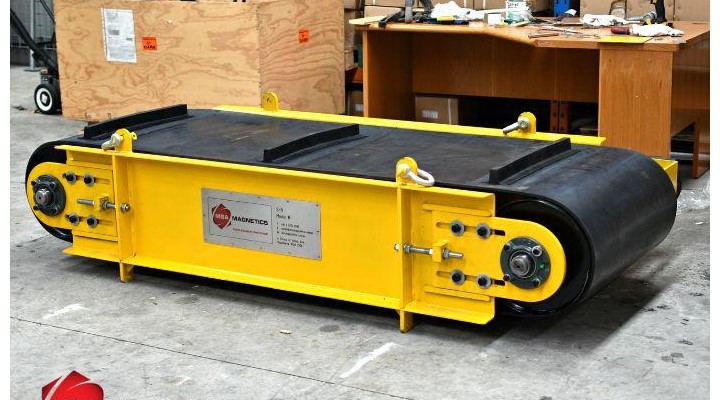

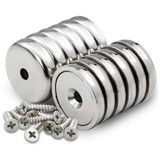
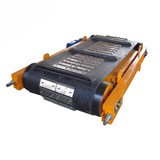
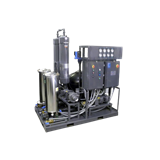
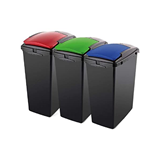
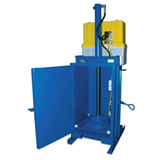

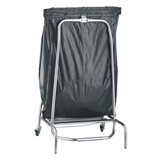



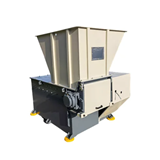
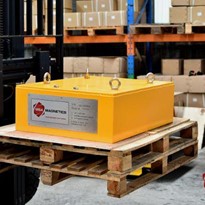
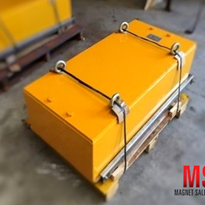
-205x205.jpg)

-205x205.jpg)
-205x205.jpg)
